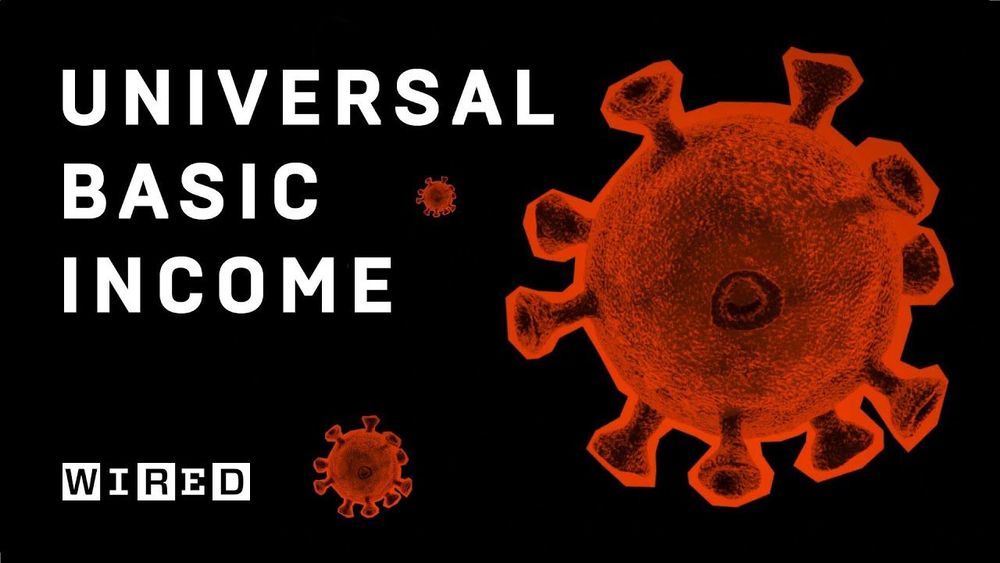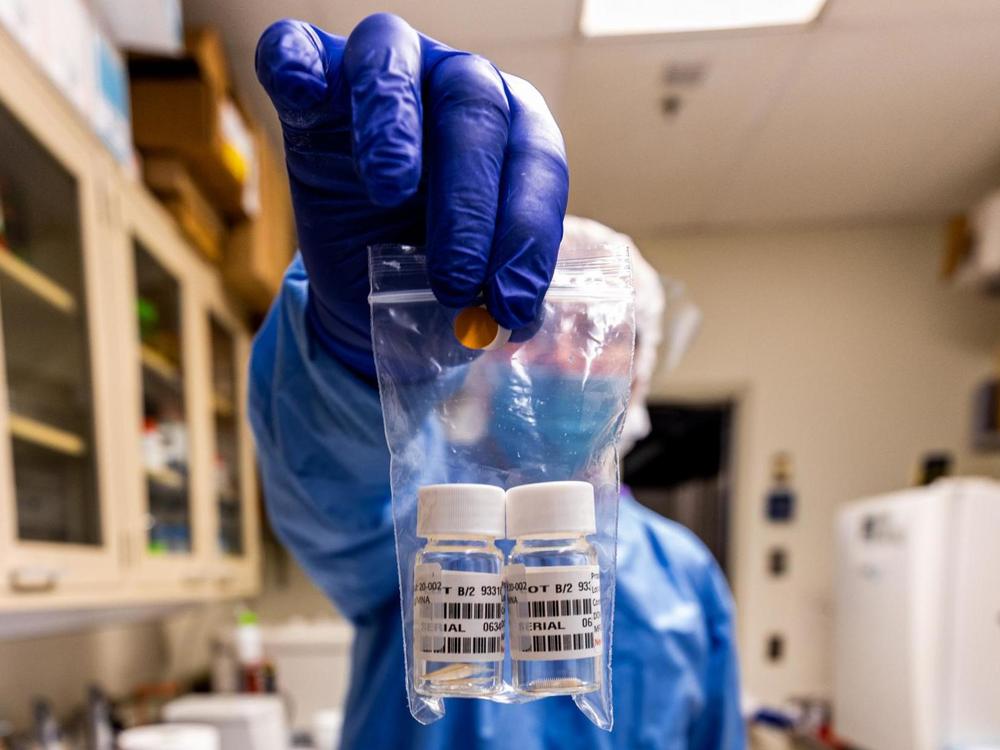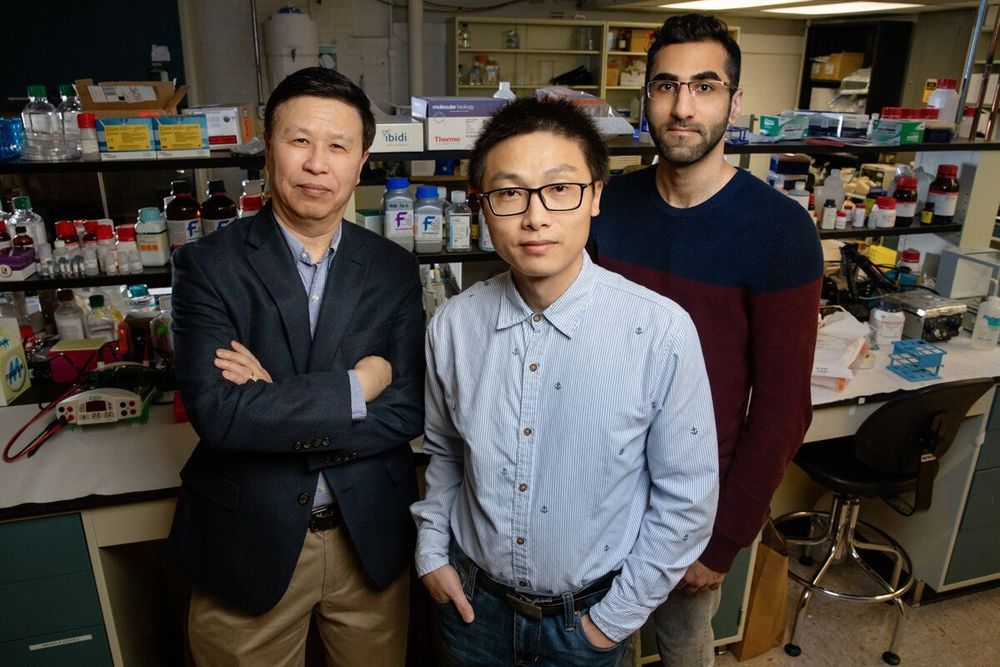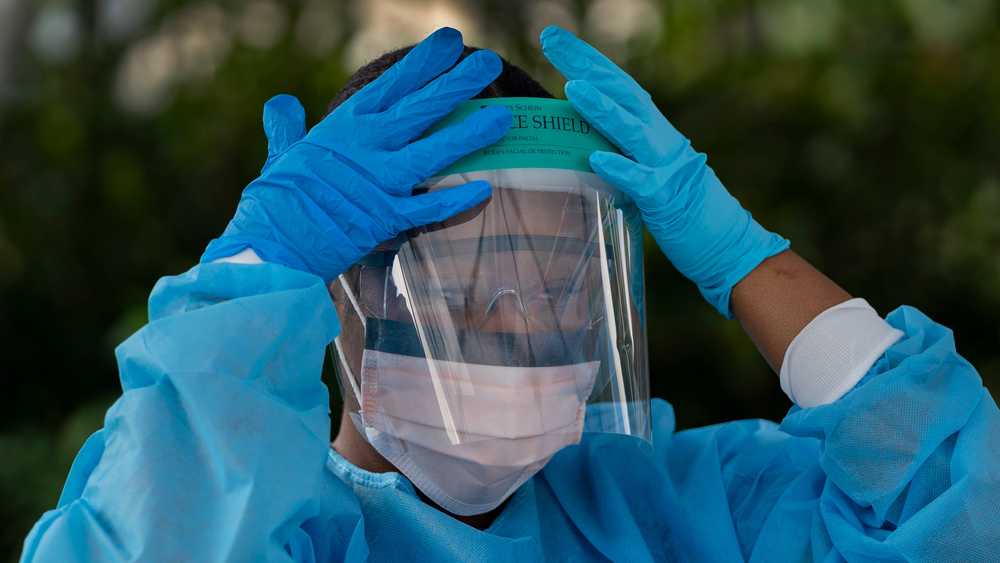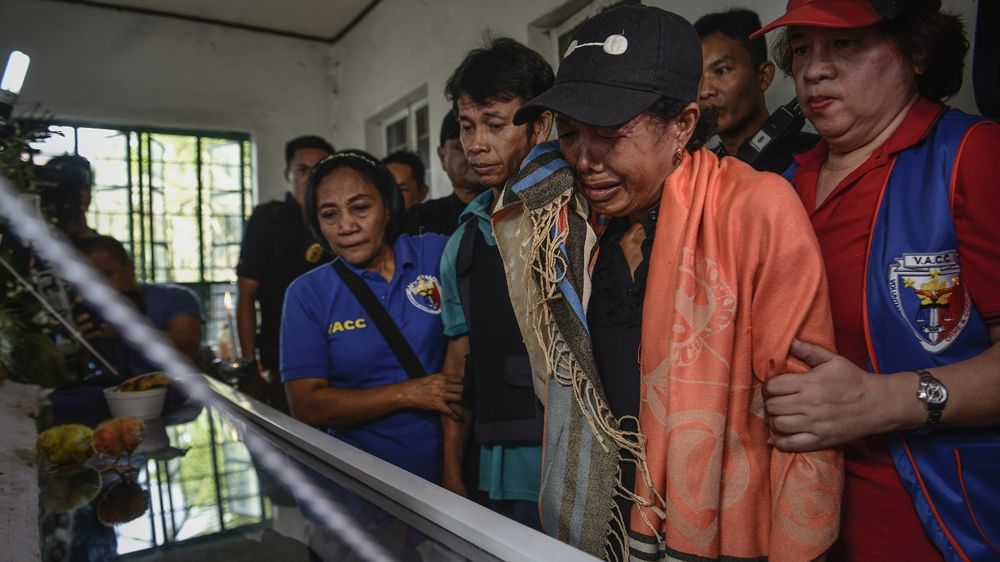Big biotech company Amgen Inc. is joining the race to discover new drugs that can treat the novel coronavirus, the latest drugmaker redirecting resources toward the pandemic.
Amgen, which is partnering with Adaptive Biotechnologies Corp. in the effort, is an unlikely hunter of antiviral treatments. The company, a pioneer of biotechnology, is best known for its drugs for cancer, with other products targeting high cholesterol, kidney disease and migraines.

